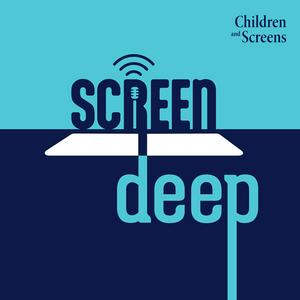The Science of Boredom with James Danckert, PhD
Boredom is a common and frequently misunderstood psychological state for adults and children alike. On this episode, host Kris Perry goes deep with leading boredom researcher James Danckert, PhD, a Professor of Neuroscience at University of Waterloo. Dr. Danckert explains the unique neural state of boredom, dispels both positive and negative myths about it, and explains how boredom is distinct from other feelings. Sharing research that indicates boredom is on the rise, Dr. Danckert delves into how boredom is a “call to action” that can be motivating, and how it relates to other issues like attention, loneliness, self-control, multitasking, and increased digital media use.In this episode, you will learn:Why boredom isn’t just a lack of stimulation, but an active, complex psychological state.What neural imaging studies show about people who are prone to boredom. How boredom proneness relates to attention, focus, ADHD, depression, anxiety, self-control, media multitasking, and loneliness. The important difference between encouraging “down time” instead of boredom for children.Why children are more prone to boredom than adults.Research findings on the relationship between boredom proneness and problematic smartphone use.For more resources and research on this topic visit the Learn and Explore section of the Children and Screens website (https://www.childrenandscreens.org)-------------- Follow Children and Screens on: Facebook: Children and Screens: Institute of Digital Media and Child DevelopmentInstagram: @childrenandscreensLinkedIn: Children and Screens: Institute of Digital Media and Child DevelopmentX: @childrenscreensBluesky: @childrenandscreens.bsky.social---------------Music: 'Life in Silico' by Scott Buckley - released under CC-BY 4.0. www.scottbuckley.com.au
